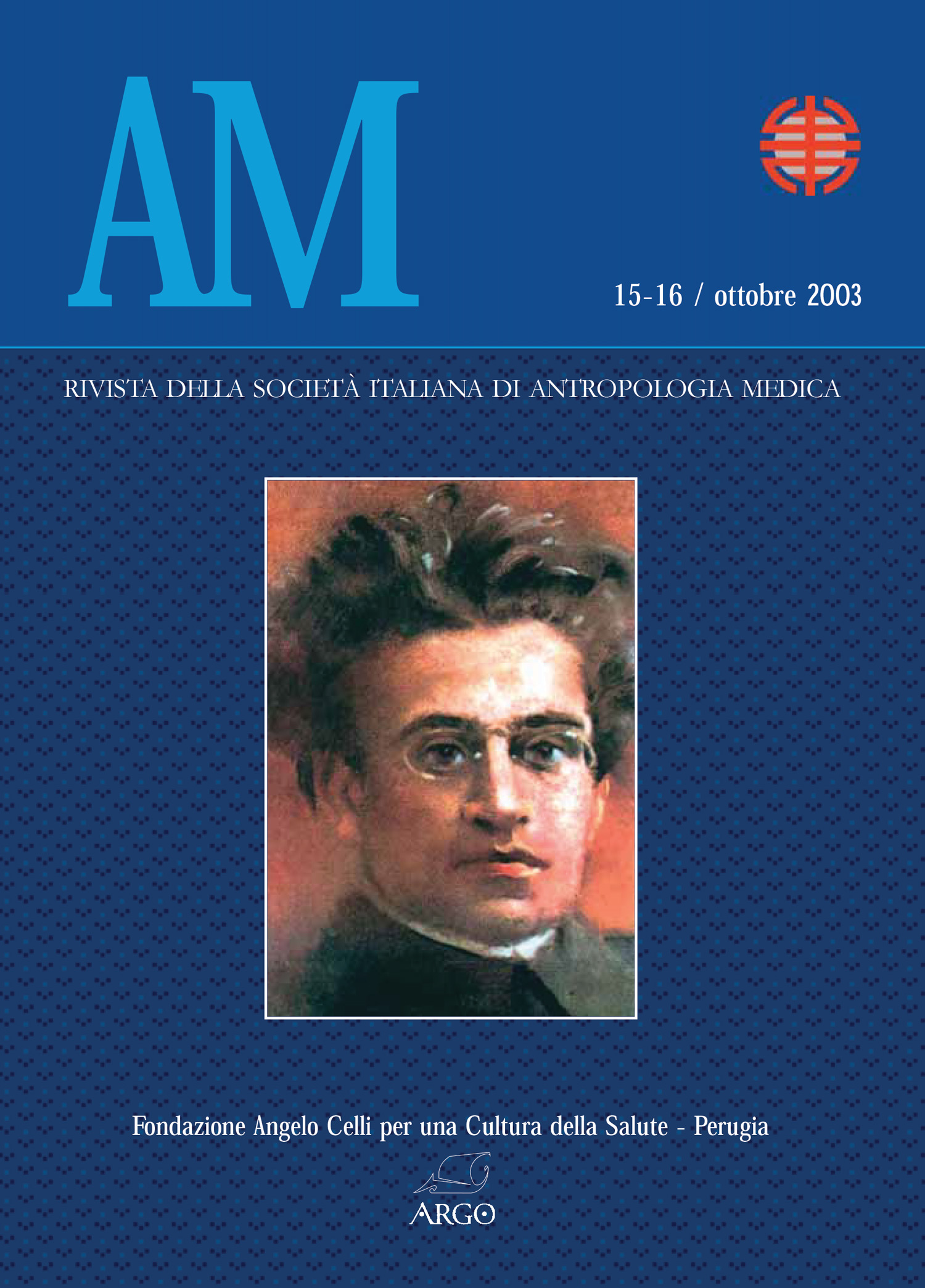Abstract
The ethno-psychiatry of depressive disorders: an update
Using the information collected in the domain of trans-cultural psychiatry and the acquisitions of medical anthropology and ethno-psychiatry, it is perhaps now possible to get beyond the exasperating debate concerning the universality (or non-universality) of depressive disorders. It is not the class of psychiatry that is universal, this class which ethno-psychiatry views as just another ethnical system, culturally and historically determined; rather, the experience of sine materia pain and suffering which, from time to time and in the manner described by medical anthropology, fills the nosographic containers devised by the different cultures in order to give suffering and distress a name and make them negotiable and workable. By adopting this point of view, the focus of the debate is shifted from attempting to prove the universal validity of a hegemonic system of interpretation and cure to the different effects that dissimilar ways of thinking and treating this suffering have on the lives of patients and of the communities to which they belong. In addition, to think that in some groups of human beings depression is much less frequent or even absent than in others opens the way to research diverse protection and risk factors in various circumstances. After describing the main steps which lead to the definition of the class of “depressive disorders” and after mentioning the manner in which other cultures deal with the same suffering, the Author concludes by providing a number of indications which, he hopes, might be useful to clinical doctors working in the public health sector.
Etnopsichiatria dei disturbi depressivi: un aggiornamento
È forse oggi possibile, a partire dai dati raccolti dalla psichiatria transculturale e dalle acquisizioni dell’antropologia medica e dell’etnopsichiatria, andare oltre l’annoso dibattito sull’universalità o meno dei disturbi depressivi. Ciò che è universale non è la categoria della psichiatria, che l’etnopsichiatria considera un sistema etnico tra gli altri, storicamente e culturalmente determinato; ma l’esperienza di una sofferenza Sine materia che si versa di volta in volta, nei modi descritti dall’antropologa medica, nei contenitori nosografici messi a punto dalle diverse culture, per rendere la sofferenza e il disagio nominabili, negoziabili e lavorabili. Vedere le cose in questo modo consente di spostare l’accento da un dibattito volto solo a confermare la validità universale del sistema egemone di interpretazione e di cura, ai diversi effetti che i vari modi di pensare e trattare questa sofferenza hanno sulle esistenze dei pazienti e delle comunità di cui fanno parte. Inoltre, pensare che in alcuni gruppi umani il disturbo depressivo sia molto meno frequente o addirittura assente, consente di ricercare i fattori di protezione e rischio attivi nei vari contesti. L’Autore, dopo aver ripercorso le principali tappe che hanno portato alla definizione della categoria “disturbi depressivi” e accennato ai modi in cui altre culture elaborano la stessa sofferenza, conclude con alcune indicazioni che si augura possano essere utili al clinico e a chi sia impegnato in attività di salute pubblica.


